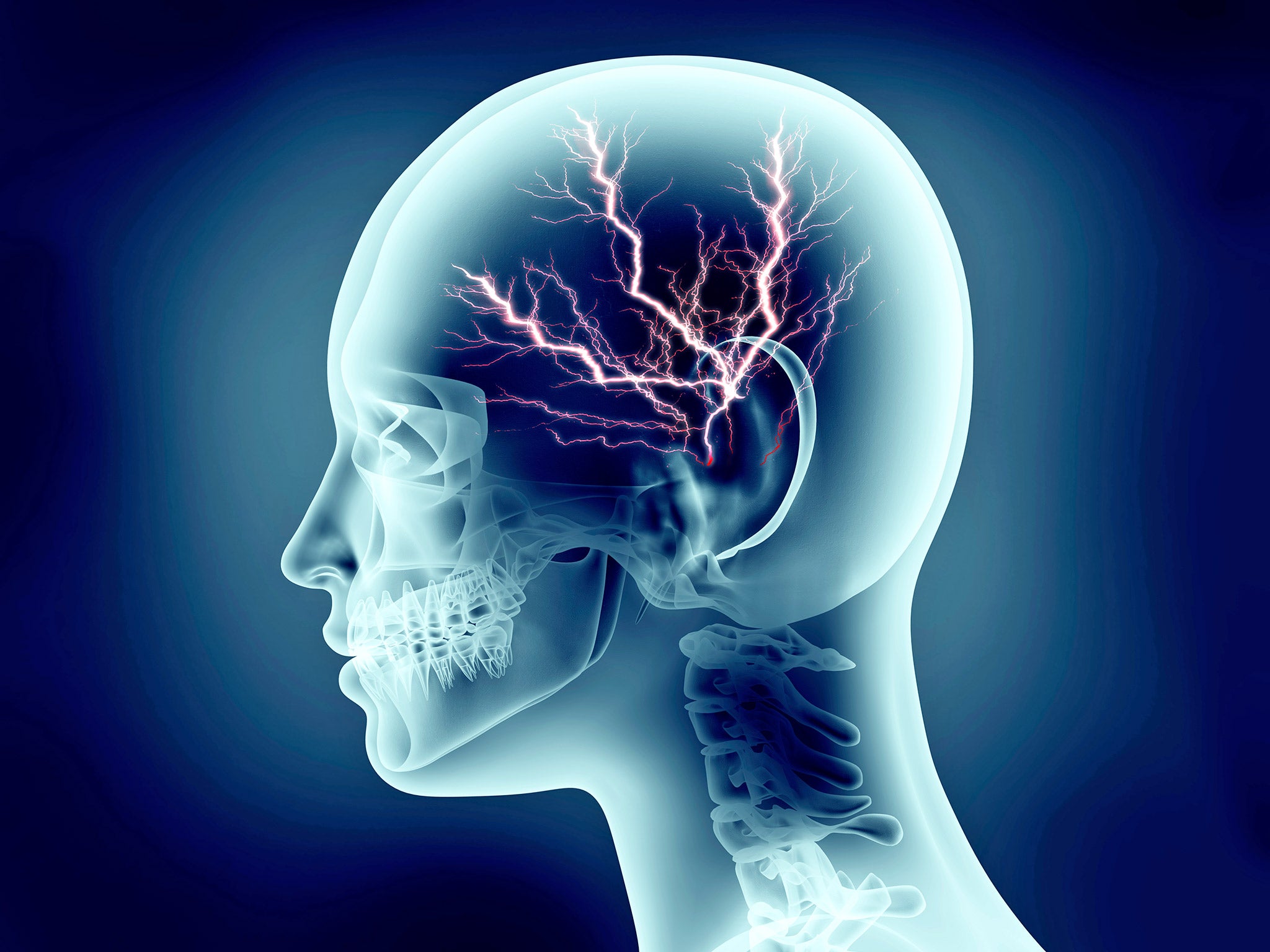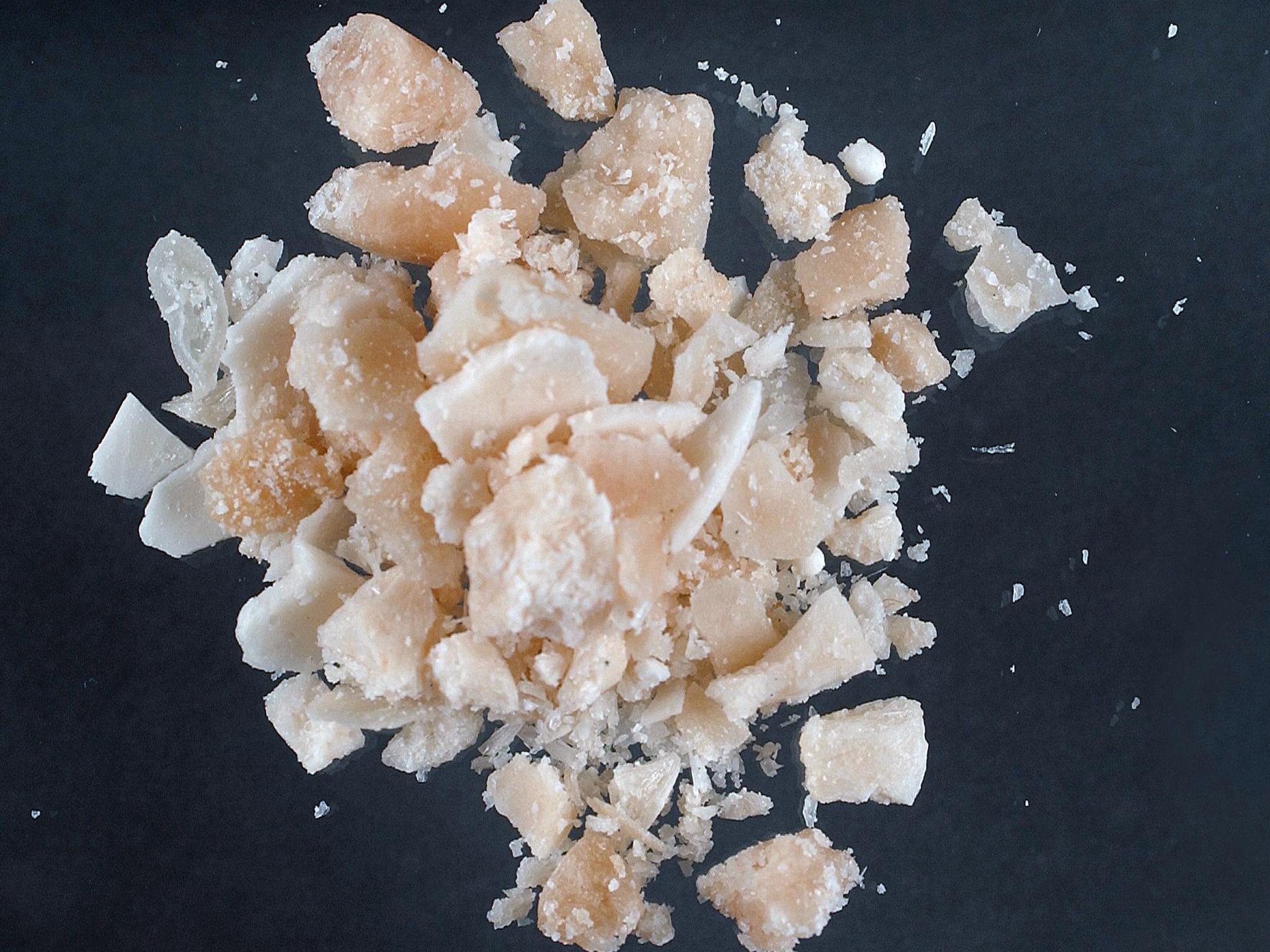This is what cocaine does to your body and brain
You may feel more energised or alert ... Or you may feel irritable, anxious, or paranoid.

Your support helps us to tell the story
From reproductive rights to climate change to Big Tech, The Independent is on the ground when the story is developing. Whether it's investigating the financials of Elon Musk's pro-Trump PAC or producing our latest documentary, 'The A Word', which shines a light on the American women fighting for reproductive rights, we know how important it is to parse out the facts from the messaging.
At such a critical moment in US history, we need reporters on the ground. Your donation allows us to keep sending journalists to speak to both sides of the story.
The Independent is trusted by Americans across the entire political spectrum. And unlike many other quality news outlets, we choose not to lock Americans out of our reporting and analysis with paywalls. We believe quality journalism should be available to everyone, paid for by those who can afford it.
Your support makes all the difference.Whether it's snorted, smoked, or injected, cocaine enters the bloodstream and starts affecting the brain in a matter of seconds.
But the high is short-lived, and in most cases lasts anywhere from five to 30 minutes.
Regular, heavy use can have extremely negative consequences, from nosebleeds to permanent lung damage and even death.
Here's a look at some of the ways cocaine affects the body and brain:
Cocaine starts affecting the brain in seconds — and the high can last anywhere from 5 to 30 minutes.
If you inject or smoke it, cocaine will travel rapidly into your bloodstream and brain. You'll also experience a stronger, but more short-lived high of roughly five to 10 minutes. The high from snorting cocaine is short-lived as well, but lasts a bit longer — roughly 15 to 30 minutes, according to the National Institute on Drug Abuse.
It blocks the brain’s normal reabsorption of hormones involved in desire and pleasure, which can give you a temporary feeling of intense euphoria.
Normally, our brain cells cycle and reuse hormones like serotonin and dopamine, which play critical roles in how we experience desire, motivation, pleasure, and reward. After they're released by brain cells to send out their signal, they're taken up again by special receptors on that cell.
Cocaine blocks those receptors, effectively shutting off this normal cycling process. The result? A glut of the hormones that key our feelings of desire, behavior reinforcement, and pleasure (AKA a "high").
Your pupils will dilate.
Experiences had while on psilocybin may lead to quitting smoking.
Increased levels of both dopamine and serotonin can result in dilated pupils, and cocaine boosts both.
You may feel more energised or alert ...
Cocaine is thought to boost levels of dopamine — a hormone which plays a key role in reinforcing a behavior — in several brain circuits, including one that's involved in pleasure and another that's involved in movement. This is one of the reasons some users may feel more energized, talkative, or alert, studies suggest.
...Or you may feel irritable, anxious, or paranoid.
Studies suggest a link between cocaine use and psychosis, when someone loses touch with reality. Symptoms of psychosis include agitation, anxiety, paranoia, and hallucinations.
Still, we can't say for certain what role the drug plays in these symptoms. While some studies suggest that people who experience psychosis while using cocaine are more likely to experience it later (even when they're not using), others suggest that using cocaine can worsen underlying mental illnesses like anxiety.
In some users, cravings can be triggered by seeing people or places that remind them of getting high.

The part of the brain cocaine affects includes key memory centers that help us recall where the source of pleasure came from. When we experience a cocaine high, these brain areas form memories of our pleasurable experience and the places or people that were involved in our experience of getting the drug.
This is why, in some people, going back to the original spot where you used cocaine — or simply seeing pictures of someone else using — might trigger a renewed desire to use.
Your blood vessels will tighten or constrict.
Cocaine stimulates the sympathetic nervous system, which regulates our "fight or flight" response. This also tightens up the vessels that ferry blood through our organs and tissues.
Your heart rate will rise.
Since your vessels are narrowed, your heart has to work harder to pump blood to the rest of your body.
Your appetite might disappear.
Diminished appetite is one of the most frequently reported effects of using cocaine, which is why frequent users may lose weight or be malnourished. While this has so far been mainly anecdotal in people, it's also been observed in rat studies.
Chronic use may also reduce your body’s ability to store fat.

A 2013 study found that cocaine could mess with your body's ability to store fat. The researchers observed 65 Britons, roughly half of whom had been addicted to cocaine for more than a decade. (The other half had never used the drug.)
They came away with two surprising findings: 1. The addicts tended to eat more (and even have different protein levels that should have made them put on weight) than those who'd never used, and 2. They also tended to have less body fat than those who never used. Their conclusion? Cocaine seems to cause fundamental changes to our metabolism.
Your arteries will constrict, which can block blood flow to the heart and even cause a heart attack.
A 2012 study presented at a meeting of the American Heart Association found that even in young people who only reported using cocaine "socially," the drug could significantly raise the risk of heart attack. "It's the perfect heart attack drug," the study's lead author, University of Sydney professor of medicine Gemma Figtree, said in a press release.
Snorting cocaine can create holes in parts of the nose like the septum between your right and left airways.
Cocaine constricts blood flow to the septum, the part of the nose that separates your right and left airways and divides your nostrils. Repeated use can cause holes in the area, which cannot heal without treatment.
Your nasal passages can dry out, causing nosebleeds and nasal collapse.
Some of cocaine's effects can fluctuate depending on the method of use. Regularly snorting it, the National Institute on Drug Abuse notes, can cause: a loss of the sense of smell, nosebleeds, problems swallowing, hoarseness, and a runny nose.

Smoking cocaine can irritate the lungs and, in some cases, cause permanent lung damage.
Smoking crack cocaine has been linked with numerous lung issues, including injuries to the airways, asthma, a range of symptoms referred to as "crack lung," interstitial lung disease, pneumonia, bronchiolitis, pulmonary hypertension, emphysema, infections, and tumors.
Read more:
• MySpace was just acquired by 94-year-old magazine
• Sweden's central bank is fuelling a housing bubble
• 3 huge 'risk-off' trades are going crazy right now
Read the original article on Business Insider UK. © 2015. Follow Business Insider UK on Twitter.
Join our commenting forum
Join thought-provoking conversations, follow other Independent readers and see their replies
Comments